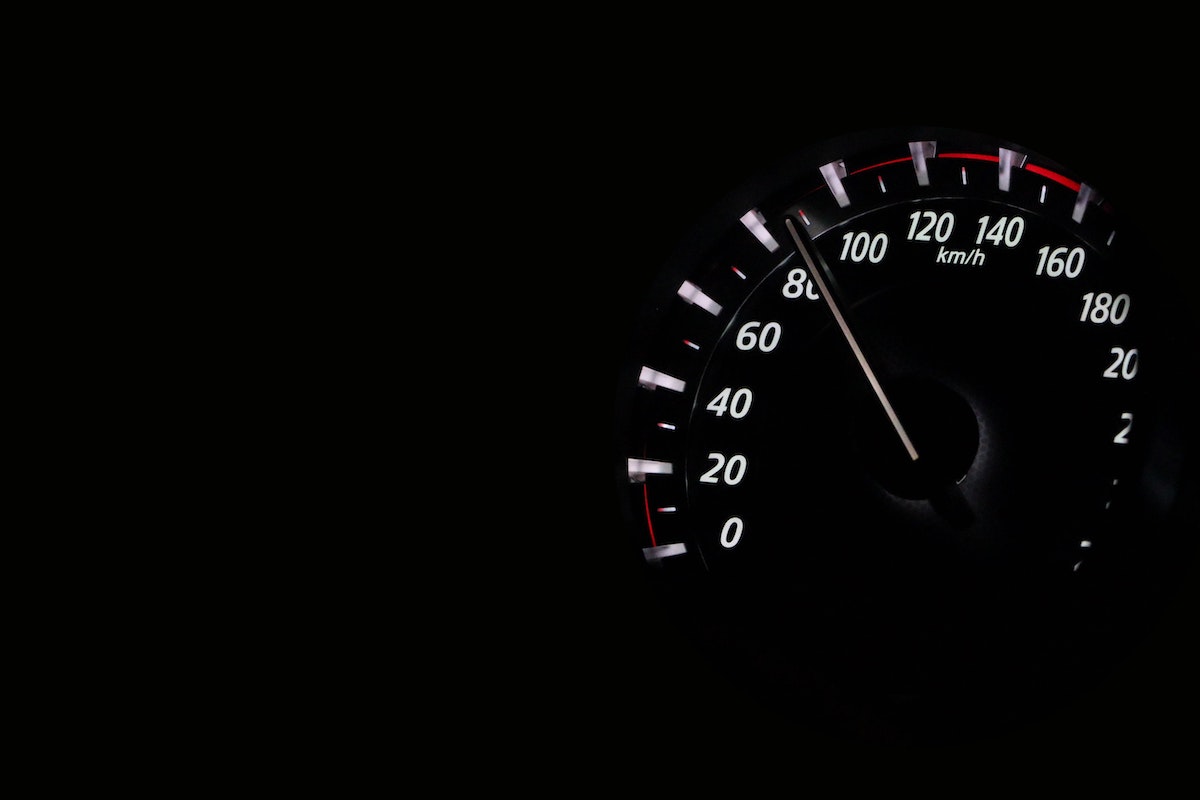
There is a lot of pressure on people at the moment with ever-increasing rises in fuel bills. The cost of filling up the average car, according to the RAC, rose from £59.91 in the middle of 2020 to £105 in July of 2022.
While prices may have come down a little in recent months, with the war in Ukraine and volatile markets, we’re likely going to have to live with high petrol prices for the foreseeable future.
Of course, that’s not the only problem. Utility bills such as gas and electricity are soaring out of control and many people are finding it difficult to manage their money and make ends meet.
Here the team at White’s Bodyworks look at the different ways you make a dent in your car fuel consumption and hopefully help reduce your costs on the road.
Making sure your car or van is properly maintained, while at an extra cost, should improve fuel efficiency. It can be viewed as a cost-saving measure if you forgo that annual service but it could be a short-lived remedy.
If you do need to save money, it can help to start learning some maintenance skills, especially if you have an older car. It’s amazing what you can do yourself. Check out this quick guide from moneycrashers.com.
If you want to be more fuel efficient, the way you drive can make a big difference. Here are our top tips:
In general, the key to saving money by driving more efficiently is to make everything as smooth as possible. It can also be useful to check what the optimum speed for the best fuel economy is for your vehicle.
This might seem like an odd one but anything that slows your car down is likely to use up petrol. Essentially, you have to use more power to move forward. The more aerodynamic you are the better. Unless you’re off on holiday, try taking the roof rack off – it may not make a big difference but it will save you a little money.
According to the Energy Trust, a simple roof rack can add nearly 20% more drag to your car from wind resistance while a box can push that up to nearly 40%
How much your car weighs can also add something to your fuel consumption. Again, it’s simple physics. The heavier you are the harder the car has to work to move forward. This applies not just to getting rid of any excess weight in your car but to the number of people you carry.
This should probably go in the maintenance section above but it’s worth mentioning on its own. Tyre pressure can make your car have to work harder so it’s important to maintain this as optimally as possible. Take the time to check your tyre pressure for your make and model – a simple pump costs just a few pounds nowadays and can make a big difference.
According to some research, a 1% loss in tyre pressure can lead to a 0.3% reduction in fuel economy.
Air conditioning in many cars requires a power source and this in turn needs fuel to run. This largely comes from the compressor and, according to Kwik Fit, could account for a small but considerable percentage of your fuel usage over time.
In short, if you don’t need it, turn off the air conditioning in your car.
Starting your engine from cold also uses more fuel. If you have a warm engine, it is likely to be more efficient which is why you might like to look at how you use your car. Rather than making several different journeys, making one big one where the engine doesn’t cool down could be more beneficial and save you on fuel consumption.
Of course, one great way to save money is to not drive at all. It’s probably the number one thing people are considering nowadays with prices being so high. Do you really need to make that journey?
If it's just a short jaunt to the shops, then walking is far cheaper than getting in the car. It’s also a lot better for your health.
At White’s Bodyworks, we understand that these are difficult times. If it’s not the cost of petrol, it’s the price of food on supermarket shelves or a big bump in heating your home. Even turning on a light can seem expensive nowadays. There’s no doubt that the winter is going to be challenging for many people.
We hope these simple tips will help you use the petrol in your car more efficiently and we also hope that things change for the better soon.